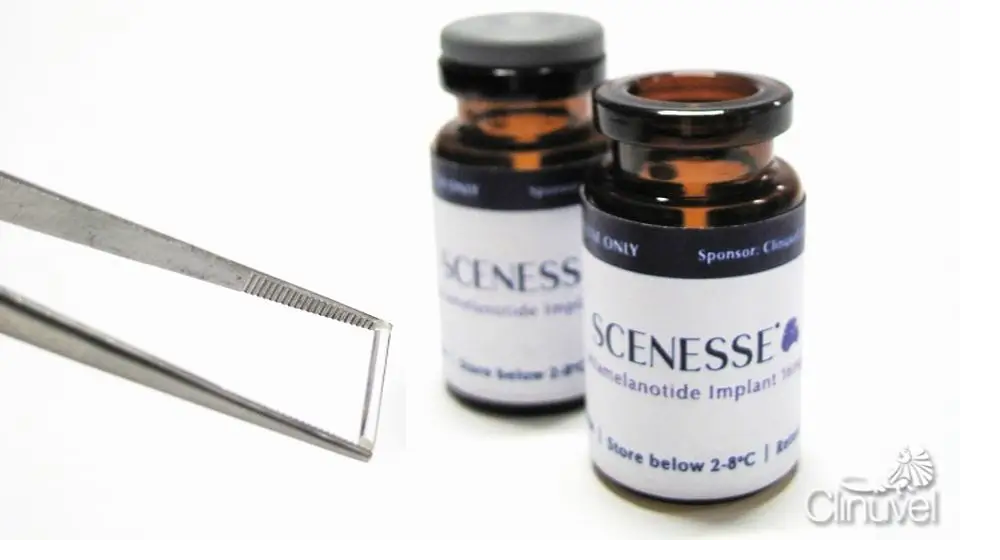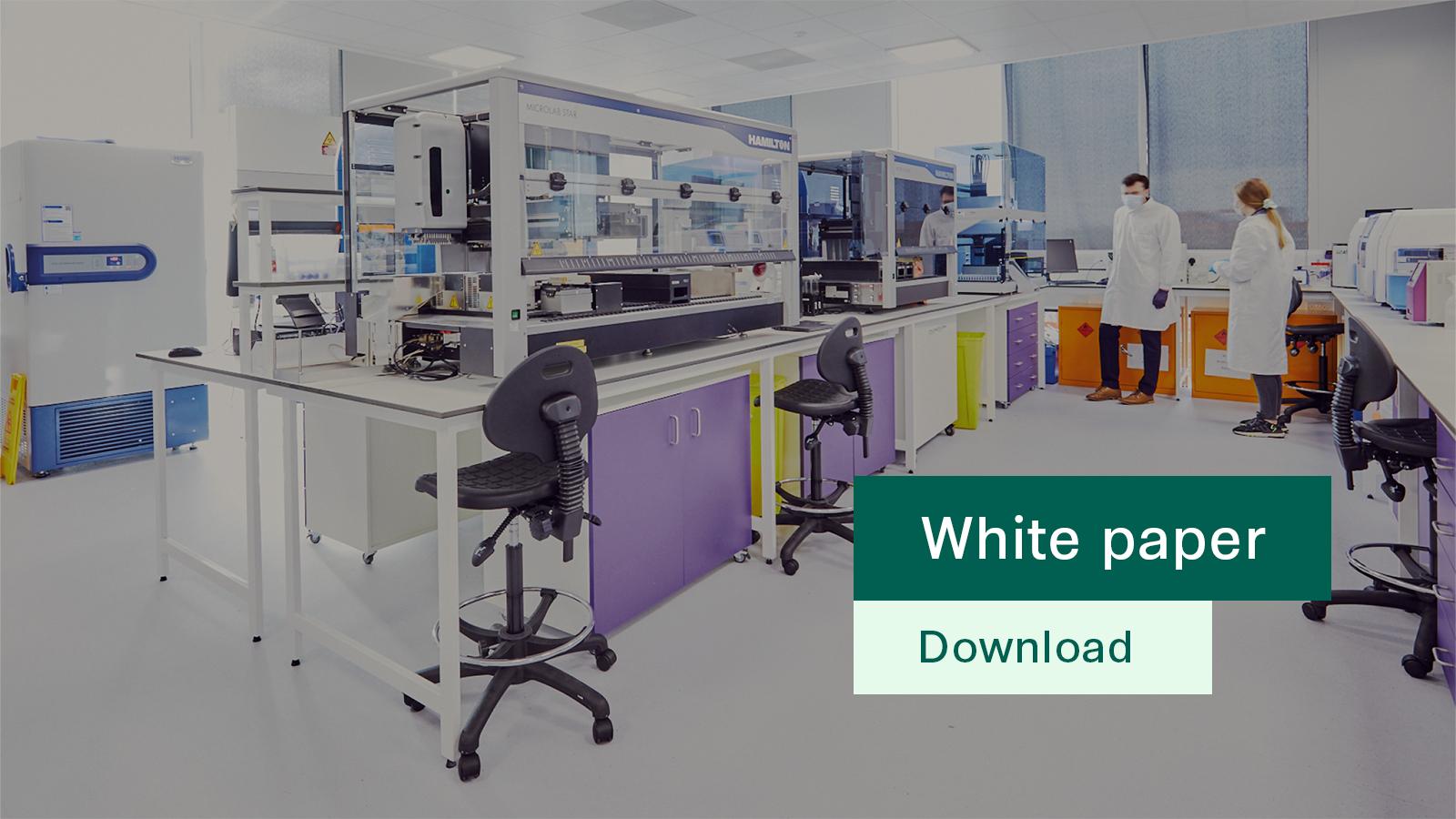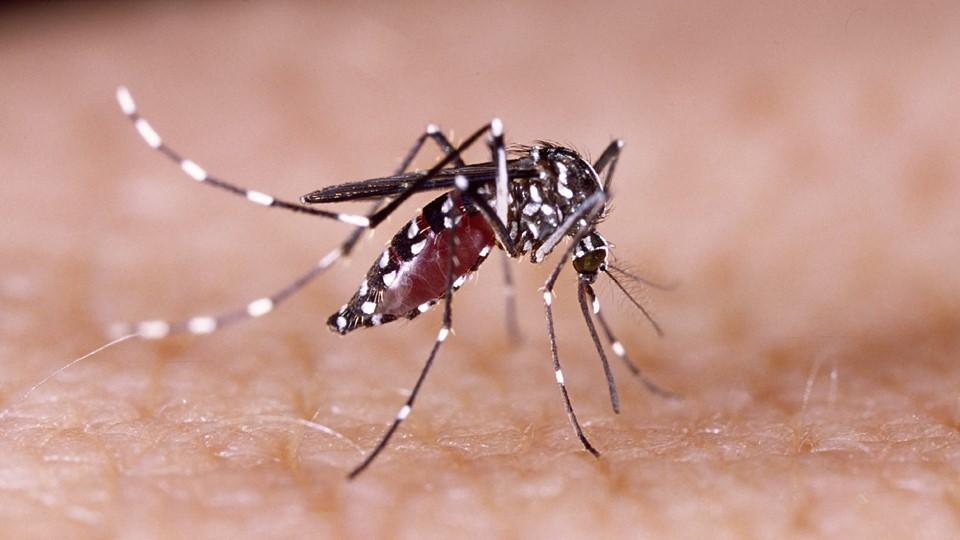NICE won't budge on rejection of rare disease drug

The UK's cost-effectiveness agency NICE has delivered its final verdict on Clinuvel's Scenesse, a treatment for a rare skin disorder that causes extreme sensitivity to light, and it isn't good news for the company.
The health technology assessment (HTA) organisation has confirmed in final guidance published today that Scenesse (afamelanotide) cannot be recommended for NHS use in England for patients with erythropoietic protoporphyria (EPP), a genetic disorder which causes severe pain on exposure to natural, as well as artificial, light.
The only way people with EPP can avoid phototoxicity is to avoid light, as there are no other approved treatments for the disease.
The decision perpetuates a disparity in access to the drug within the UK, as in Scotland it was conditionally backed for NHS use under an agreed patient access scheme in 2021, after being approved in Europe towards the end of 2014 and in the US in 2019. The initial decision by the Scottish Medicines Consortium (SMC) is up for review early next year.
In its latest recommendation, NICE said that, while there is evidence that Scenesse is effective for EPP, its benefits are uncertain and cost-effectiveness analyses are "very challenging".
The decision comes several years after NICE originally turned down the drug, which sparked a series of appeals by Clinuvel that claimed the HTA had unjustly assessed the treatment effects of the drug, had failed to consider anti-discrimination legislation, and had taken far too long to complete its appraisal.
On 15th May, a NICE appeal panel concluded that the HTA had acted unfairly and not adhered to its own processes by taking 230 weeks of review instead of 42 for the appraisal. With the new decision, Australia-based Clinuvel claims NICE has now "run down the clock " on access to the drug, placing it on hold for another four-year cycle.
The British Porphyria Association (BPA) has said it is "immensely disappointed " that the drug still cannot be accessed by patients in England who are being "denied access to what is presently considered the only effective treatment that is available for their condition."
Some countries in Europe, including Germany and Switzerland, have agreed to reimburse treatment with Scenesse, but the main focus for Clinuvel now is rollout in the US. Approximately 10,000 people globally are affected by EPP, with an estimated 4,000 of them in the US.
Scenesse has not been launched in England, but Clinuvel has previously said that if it did so the cost of an implant – which needs to be replaced every two months – would be £13,209 (around $17,000) plus VAT. The company has previously said it refuses to budge on that price.
In 2022, Clinuvel recorded a 19% increase in Scenesse sales to just under A$30m (approximately $20 million). Today, the company confirmed that it has been awarded a five-year contract from the US Department of Veterans Affairs to supply the drug.
Clinuvel's implant carries a melanocortin-1 receptor (MC1-R) agonist that increases the production of eumelanin, one of two forms of the natural skin pigment melanin. In clinical trials, Scenesse was able to increase the number of hours patients with EPP could spend in sunlight with no pain compared to placebo.









.jpg?itok=nlfzPxTK)

